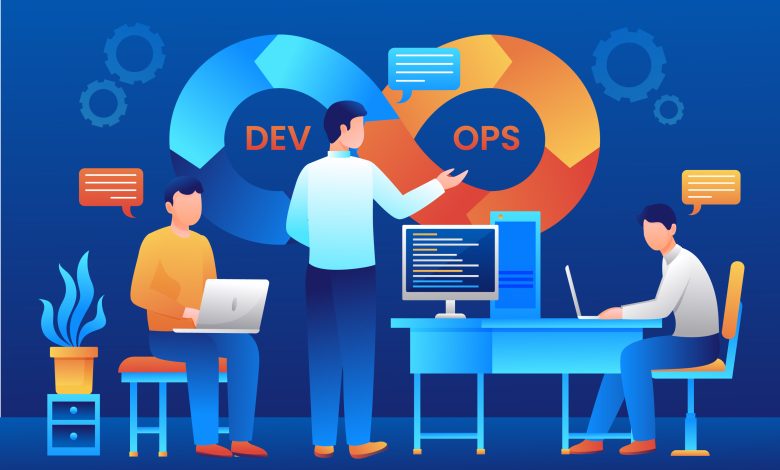Exploring the World of DevOps Services

Introduction
DevOps, a portmanteau of Development and Operations, is a cultural and professional movement that emphasizes collaboration, communication, and integration between software developers and IT professionals. At its core, DevOps aims to automate the processes of software delivery and infrastructure changes, fostering a more agile and efficient development lifecycle. In this article, we will delve into the realm of DevOps services, exploring their significance, key components, and the benefits they bring to modern software development.
Key Components of DevOps Services
- Continuous Integration (CI):
- CI involves automatically integrating code changes from multiple contributors into a shared repository.
- Tools like Jenkins, Travis CI, and GitLab CI facilitate automated testing and validation of code changes, ensuring early detection of integration issues.
- Continuous Delivery (CD):
- CD extends CI by automating the deployment of code to testing, staging, and production environments.
- Platforms such as Ansible, Puppet, and Chef assist in automating configuration management and application deployment.
- Infrastructure as Code (IaC):
- IaC treats infrastructure configurations as code, enabling the automated provisioning and management of infrastructure.
- Tools like Terraform and AWS CloudFormation allow developers to define and deploy infrastructure using code, promoting consistency and reproducibility.
- Monitoring and Logging:
- DevOps services include robust monitoring and logging solutions to track the performance and health of applications and infrastructure.
- Prometheus, Grafana, ELK Stack (Elasticsearch, Logstash, Kibana), and Splunk are popular tools for real-time monitoring and log analysis.
- Collaboration and Communication:
- DevOps emphasizes strong collaboration between development and operations teams. Communication tools such as Slack, Microsoft Teams, and Mattermost play a crucial role in fostering real-time communication and collaboration.
Benefits of DevOps Services
- Accelerated Time-to-Market:
- DevOps automates manual processes, reducing deployment times and accelerating the overall software development lifecycle.
- Increased Collaboration:
- DevOps encourages collaboration and communication between development, operations, and other stakeholders, breaking down silos and fostering a culture of shared responsibility.
- Enhanced Quality:
- Continuous integration and delivery practices, coupled with automated testing, lead to early detection of defects, resulting in higher software quality.
- Improved Stability and Reliability:
- Infrastructure as Code ensures consistency in deployment environments, reducing the risk of configuration errors and enhancing system stability.
- Cost-Efficiency:
- Automation and efficient resource utilization in DevOps lead to cost savings by optimizing infrastructure and minimizing manual intervention.
Conclusion
In the fast-paced world of software development, DevOps services have emerged as a crucial catalyst for organizations striving to meet the demands of agility, collaboration, and efficiency. By adopting a DevOps mindset and leveraging the right tools and practices, teams can streamline their development workflows, reduce time-to-market, and deliver high-quality software that meets the evolving needs of users and businesses. As technology continues to advance, DevOps is likely to play an increasingly vital role in shaping the future of software development and IT operations.



